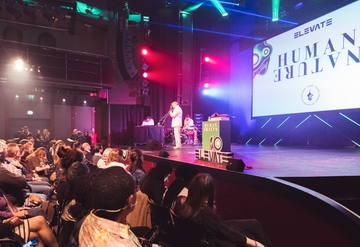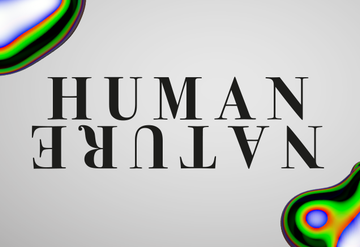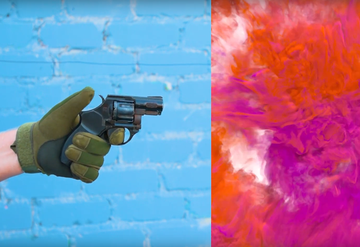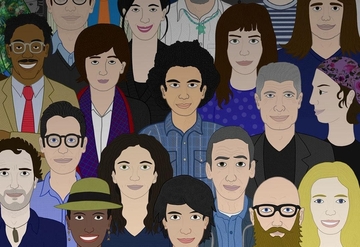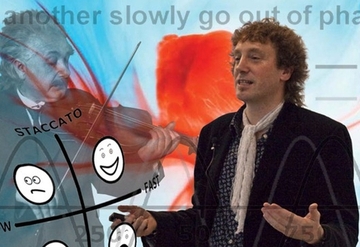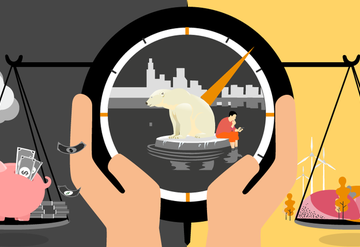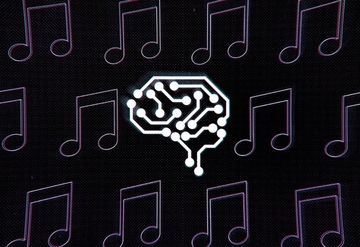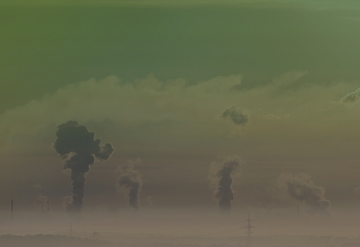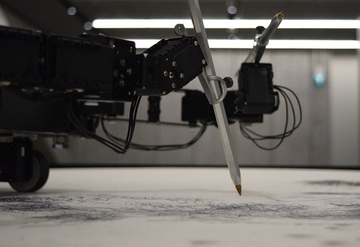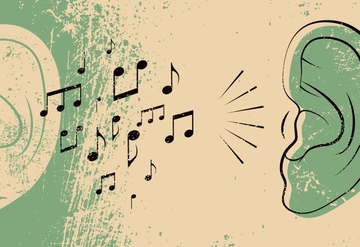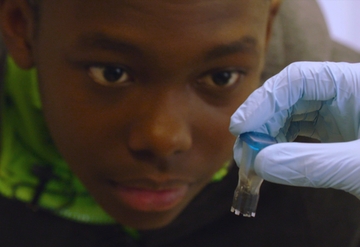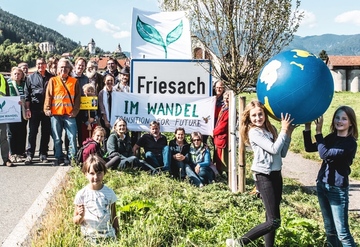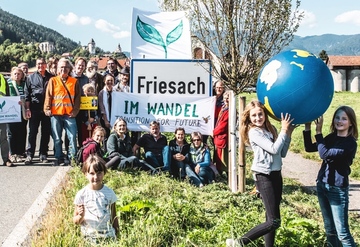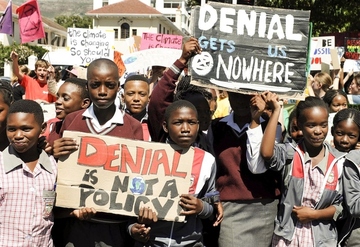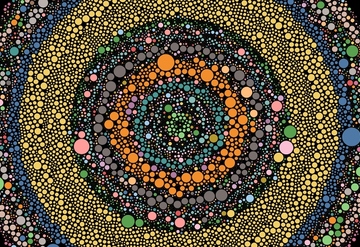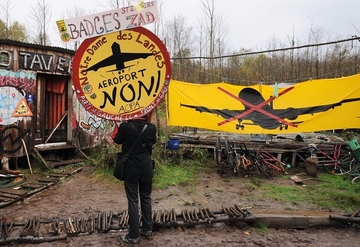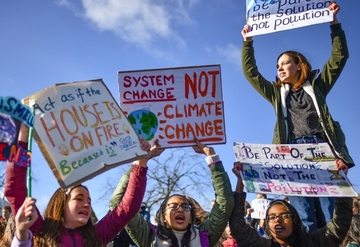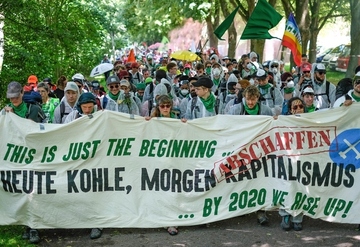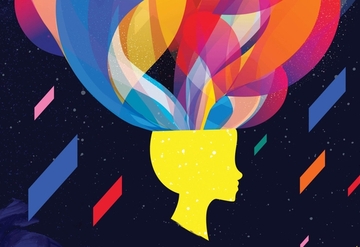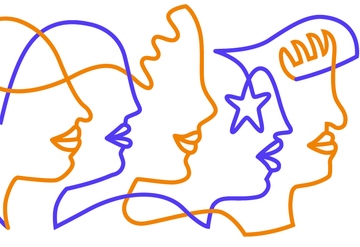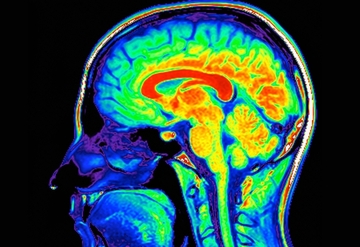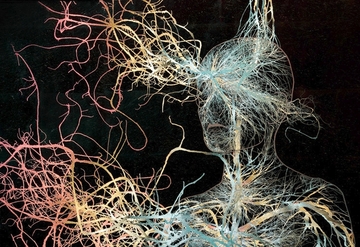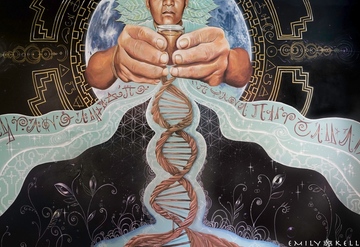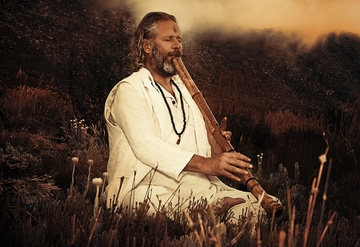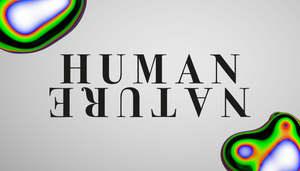Begin of page section: Content
Elevate 2020 - Human Nature
It’s time to talk & time to act!
"We need a new policy, we need a new economy, and we need a new way of thinking." With this one sentence, a young activist sums up probably the greatest human challenge for the next few years. A fundamental change in thinking, as Greta Thunberg and millions of young people around the world are demanding, also raises the central question of the relationship between humans, nature and technological development. But is the climate really mankind's greatest challenge? Or is it not rather man himself?
For thousands of years people have been trying to control nature. It can be completely understood, explained and thus shaped, according to the scientific credo of the Enlightenment. By reducing everything to the countable and measurable, however, the living is increasingly out of sight. Escalating global warming, still fired by governments and corporations despite decades of warnings from science, makes ever larger parts of the planet uninhabitable for humans. We cannot meet these challenges without a paradigm shift. But how can this be achieved? Technological innovation? A return to indigenous ways of life and the expansion of consciousness through spiritual experiences? Becoming one with nature through psychedelic substances? Or is it in the "nature of man" to decimate oneself and other species from time to time?
The Anthropocene, the age of man, is the experimental laboratory in which man is always trying to reinvent himself and his habitat, to shape it - to destroy it. It is not surprising that some people believe humanity already lost control to technology: Intransparent data exploitation and mass surveillance in combination with autonomous machines? Or is it possible to implement ethical or "good" algorithms? Nursing auxiliary robots instead of killer drones? Nature conservation algorithms and CO2-sucking machines to save civilization? Can the escalating climate and survival crisis be managed with innovative large-scale technologies, perhaps using Geoengineering and drones that pollinate plants? Doubts are justified and technocratic approaches need more critical discourse.
There is not much time left. Science unanimously warns against climatic tipping effects. Will humanity succeed in preserving enough survival space, or will it come to the "survival of the richest", in which the rich and powerful try to seal themselves off, armed to the teeth, while the rest of humanity has to cope with the far-reaching consequences of the climate crisis?
Human creativity plays a key role in the upcoming transformation process. But what about the creativity of machines? There are already neural networks that create art or at least play an increasingly important role in the interaction with artists. But can machines also generate the emotional component of music, or are there unbridgeable limitations? Can the creativity of machines also help people in other areas?
The Elevate Festival 2020 will ask all these questions, discuss and sound out positions and strategies for positive change. From philosophy to biology, from physics to psychology, from activism and art to artificial intelligence and the search for spiritual meaning: the festival spans a broad spectrum that manifests itself in a variety of artistic debates on the theme of "Human Nature".
Creative Europe project "We Are Europe"
In 2020, the pan-European festival cooperation We Are Europe will once again bring major festivals to Elevate in Graz: co-curations with partner festivals from Cologne (c/o pop) and Lyon (European Lab/Nuits Sonores) will enrich the programme and attract additional international attention. Both in the field of music and art as well as in discourse, the partners work together on content and will invite outstanding artists and lecturers to Graz.
End of this page section.
Skip to overview of page sections.
